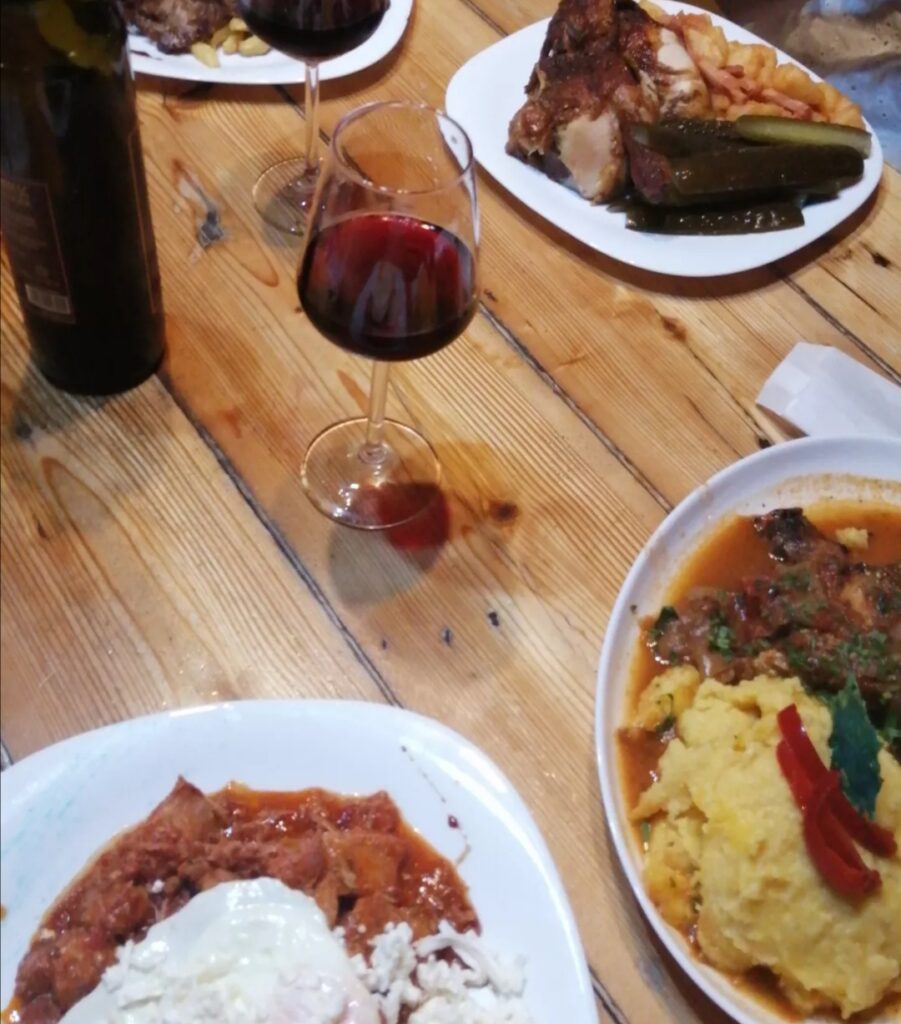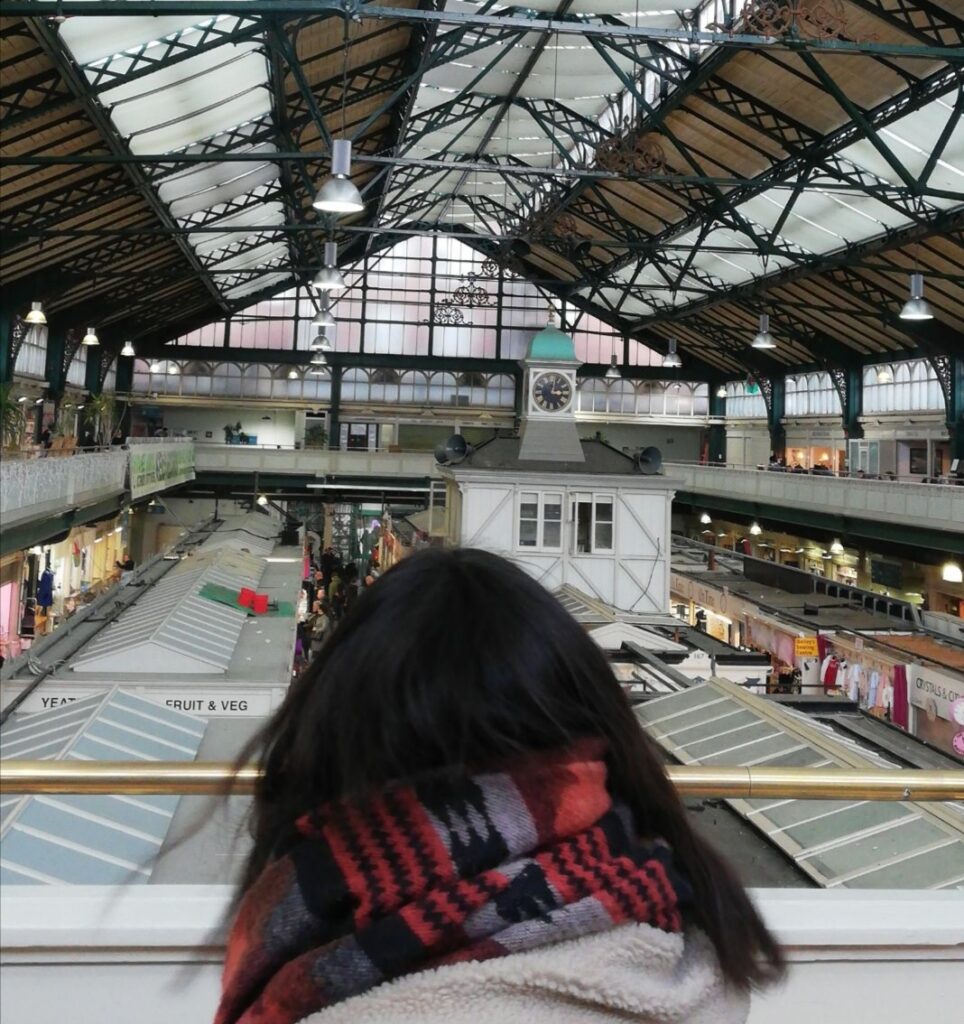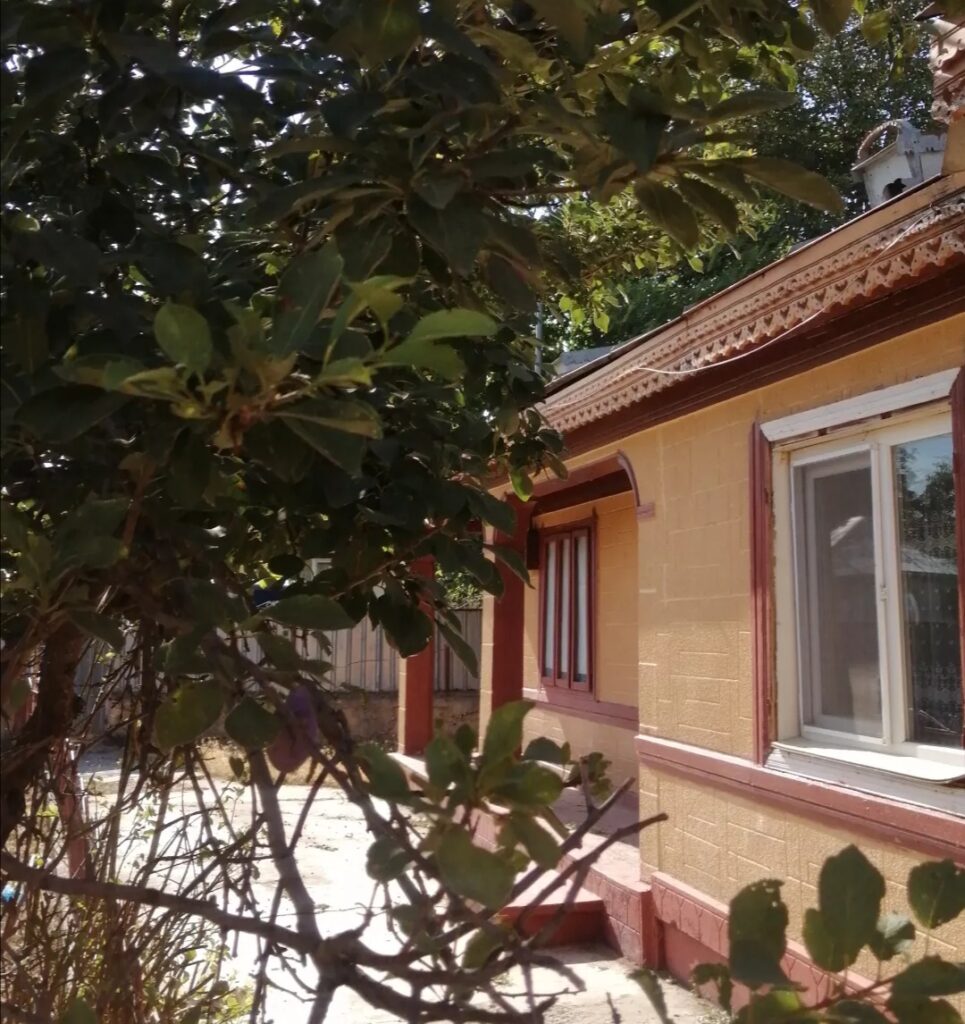In fair Eastern Europe, where we lay our scene…
I was fourteen when my mum walked into the little brutalist flat and asked how I feel about the UK. By July, I finished one of the key stages of Romanian education, and two weeks later landed in Heathrow Airport where I started to panic about my level of English and the extortionate fast-food prices.
I find my story of going to buy a coffee in the airport and interacting with a Scouser for the first time a minor party trick – my first conversation with a British person and I understood nothing, and could say nothing in return as the stress of the new country set in.
All the man asked was whether I wanted a medium or large latte, but I found the interaction harder than some of my essays. The story is only impressive because I get to follow it up with a subtle brag, that I now study English, these eight years later.
Language barrier knocked down, I started to feel very integrated in the community, and assumed – silly me – that I would glide through my youth the same way my natively British friends did. But throughout school, college, and very surprisingly university, I have been constantly reminded that is not the case.

School was the last time I had many other immigrant friends, and I think that is one regret I have about my social life later on. When they announced Brexit in assembly and people I liked and cared for cheered, it was me and the Polish and Portuguese that got to stick together, worried about all the applications and documents for us and all our elders who needed help with them.
College was the time where I tried to settle into who I was, and my lack of people from similar backgrounds definitely shaped a lot of my identity. In retrospect, I was embarrassed of my accent, the way I was being parented, and the constant question “where are you from?”.
Where are you from?
I think I became defensive of this question more at University. Of course, everyone gets asked where they’re from here: maybe the person asking knows someone from your town, or they have a witty observation to make. Saying I’m from Somerset did not satisfy people, so then comes the:
‘But where’s the accent from?’
To which, I sometimes reply honestly and get a weird mix of reactions back, from ‘I’m sorry to hear that’ to ‘Don’t worry, I would have voted Remain.’
Politics aside, university was a strange time because I suddenly lived with people from London and Dubai and Welsh natives, and ended up speaking English more than Romanian. I have been losing vocabulary in my native language, following the local culture more than my own, and being surrounded by people from everywhere, just not from home.

My double identity
Being first generation means carrying this double identity, a split between wanting to fit in and be accepted, and wanting to stay true to your roots, not lose the connection. My first year was filled with this mixture, wanting the praise that I fit in so well, and the uniqueness that I felt, from my home over the pond.
As I got older and happier with myself, I became happier with my existence as an immigrant. I have started to share customs and recipes with my friend, started to speak on the phone to my mum in public, and befriended other Romanians, giggling over our stories since we left home.
I have experienced some not-so-pleasant situations, which years ago would have been crushing, but I have found safety in other people, in my own community, but also in everyone’s growing desire to share their lives from home. Once I stopped thinking of Romania as this foreign land, I started talking about it the way my friends talk about Pembrokeshire, or Reading: the way we talk about home, not home home.

Advice
If you are coming to university, worried about losing your culture or just wanting to get more in touch with it, here’s my advice.
1 – Look for societies and clubs that run events for your community.
I found Cardiff had a Romanian cafe, while Somerset had regular parties for Romanians of all ages, organised on Facebook.
2 – Find some local food.
Polish shops stock a lot of food from various Eastern/ Slavic countries, while a lot of big international shops stock food items from Indian spice packs to pre-cut dumpling pastry.
3 – Look into giving language lessons.
While your language might be so ingrained into your life that it seems to lose its charm, there will always be someone wanting to immerse themselves in other cultures, and teaching them could help you feel closer to home too.
Related Information
Not everyone has an easy time coming to this country and receiving the necessary support. If you, or someone you know are struggling with the legal or social aspects of immigration, there are resources available to help.
Visit the Sprout’s Immigration, Asylum and Trafficking page for more information.




